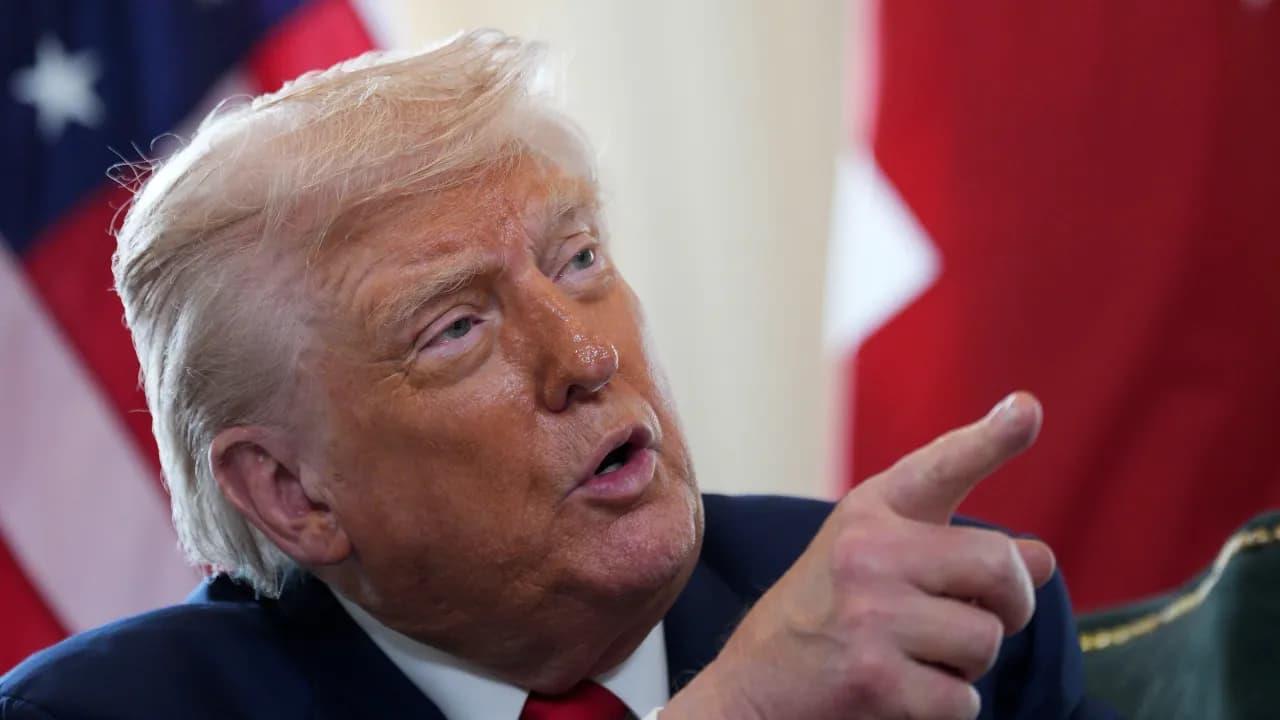A recent declaration by former United States President Donald Trump, imposing a substantial 25% tariff alongside additional penalties on imports from India, has sent immediate bearish signals across global financial markets, with the crucial Nifty index particularly susceptible to the emerging pressures.
The punitive measure, articulated by Trump on his Truth Social platform, specifically called out India for maintaining what he described as “among the highest tariffs in the world.” This unilateral trade action introduces a fresh layer of uncertainty, poised to reshape dynamics for export-facing sectors and influence broader investor sentiment globally.
According to SEBI-registered analyst Mayank Singh Chandel, the announcement of these stringent India tariffs creates a significant overhang, contributing to a decidedly bearish outlook in the near term for the Nifty market. This sentiment is exacerbated by the potential for reduced trade flow and increased costs for businesses reliant on cross-border transactions.
Sectors that heavily rely on U.S. exports, such as pharmaceuticals, automobile manufacturing, IT services, and textiles, are anticipated to bear the immediate brunt of these trade war implications. These industries are now facing increased operational costs and potential reductions in demand from a key market, necessitating strategic adjustments.
Foreign institutional investors (FIIs), who have notably been net sellers in recent weeks, are expected to maintain a cautious stance. Their continued reluctance to invest could further add to the downside pressure on the Nifty market, reflecting a broader apprehension within the global economy regarding escalating trade disputes.
Despite the immediate challenges posed by these new Trump tariffs, India’s inherent economic strengths provide a foundation for long-term stability. Robust macro fundamentals, resilient domestic financial flows, consistent corporate earnings, and strong fiscal stability collectively offer significant support over a longer horizon.
Analyst Chandel also highlighted that a sharp market recovery cannot be ruled out, especially if greater global clarity emerges and FIIs decide to re-enter the market. This potential re-entry could signal renewed confidence, potentially counteracting the current bearish signals and re-energizing the Indian bourses.
The ongoing developments underscore the intricate interconnectedness of international trade policies and their profound impact on national economies. Stakeholders are closely monitoring how these tariffs will ultimately shape India’s trade relationships and its economic trajectory in the evolving global economy landscape.






Leave a Reply